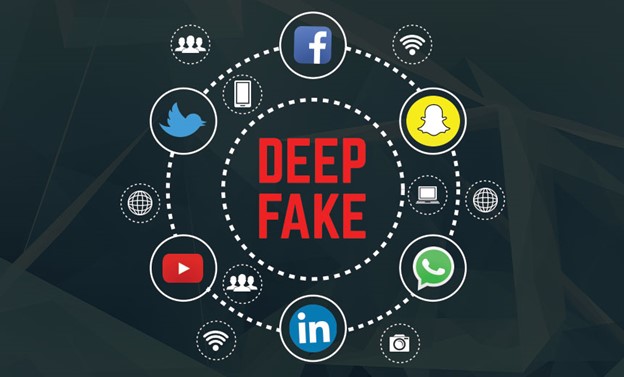Amid mounting worries surrounding the proliferation of deepfakes, the government has taken action by issuing an advisory to all social media platforms to adhere to IT rules. The advisory, as outlined by the Ministry of Electronics and Information Technology (MEITY), stresses the need for clear communication of content not permitted under IT rules to users.
Specifically, the advisory mandates that prohibited content, particularly those specified under Rule 3(1)(b), must be communicated explicitly and comprehensibly to users. Platforms are urged to convey these rules through terms of service, user agreements, and must inform users during registration and at login instances. Additionally, reminders about restricted content are necessary during information uploads or sharing activities on the platform.
The directive from MEITY emphasizes the importance of compliance with existing IT rules, particularly in light of the rising concerns about misinformation propagated through AI-driven deepfakes. It highlights the responsibility of digital intermediaries to ensure users are well-informed about legal consequences, including penalties under the Indian Penal Code and the IT Act 2000.
Furthermore, the advisory underlines that terms of service and user agreements must explicitly state the obligation of intermediaries/platforms to report legal violations to law enforcement agencies as per Indian laws applicable to the context.
Rule 3(1)(b) within the IT rules' due diligence section mandates intermediaries to communicate their regulations, privacy policies, and user agreements in the user's preferred language, as reiterated in the advisory.
Platforms are mandated to employ reasonable measures to prevent users from engaging in activities related to the 11 listed user harms or prohibited content on digital intermediaries.
Understanding Deepfakes:
Deepfakes involve the creation of synthetic or altered media through digital manipulation, employing artificial intelligence to convincingly misrepresent or impersonate individuals. Recent instances of 'deepfake' videos targeting prominent figures have gained viral traction, sparking public concern and highlighting the potential misuse of technology for fabricating false narratives.






